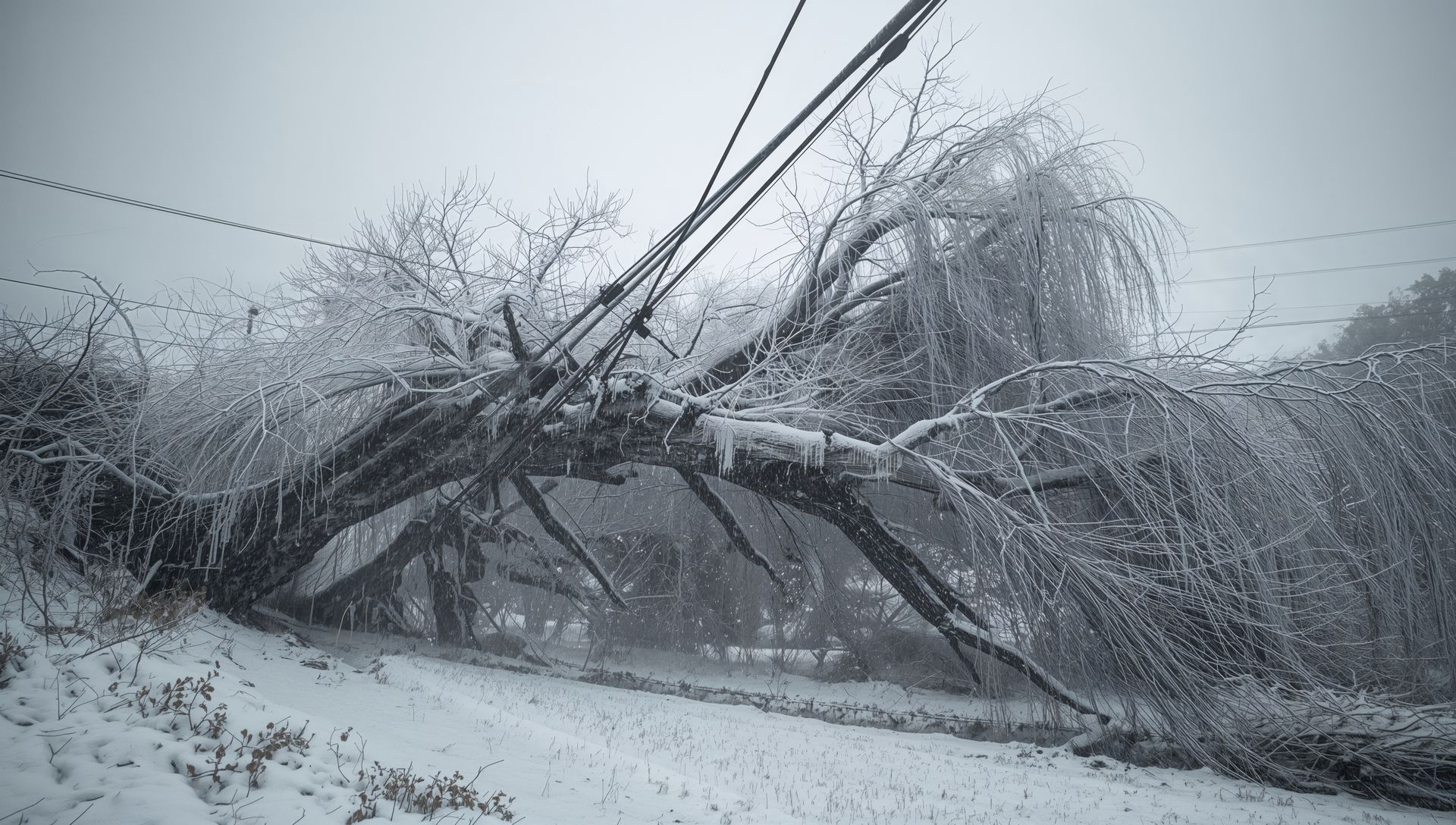For most of her adult life she’d been semi-independent. At least to the greatest extent possible, given that she was also a wife and mother. If she wanted to go somewhere, she could usually go—if arrangements were made in advance and childcare secured. It didn’t matter if it was an evening out or a week away (although the latter might require a bit more effort), it was almost always manageable, especially as the children had grown older. Their eventual independence had allowed hers to grow as well, and Life had progressed as planned . . . until, one day, it didn’t.
From that moment on, everything changed as far as being independent was concerned. Now she was using two words far too regularly when answering questions about her future plans. Would she be going to this place? Would she be doing that thing?
It depends . . .
Those two words. How much she hated hearing them in the past. They meant something was out of someone’s control, and that never set well with her. Not because she was upset with the person, but because she hated knowing they were in such a place. And now . . . and now they were her words to say. For someone who was accustomed to being in charge of her life, those were hard words to utter. Harder to live with.
Anyone who has ever faced a catastrophic illness or accident, or who has been the caregiver for someone in that position, knows the depth of the meaning held in those words. It depends. It depends upon the next doctor’s appointment or the next round of treatments or the next set of test results or the next . . . It depends on how they feel when they get up that morning or how their “patient” feels or how emotionally drained they are or how . . .
It depends . . .
There are so many times Life interrupts our best laid plans, forcing a change in our vocabulary. Forcing that easy yes into a tortured it depends and reminding us there are no guarantees. It’s as though she waits until we are comfortably settled in our routines—or excitedly planning for new ones—at which point she yanks the rug right out from under us.
Those who know me well (and they are few and far between), know I’m a fan of the television series “Bones”. For the unfamiliar, it’s a show about a world renown forensic anthropologist and an FBI agent who work together to solve the most baffling cases imaginable—along with several other scientists who work at the Jeffersonian in Washington, D.C. In episode 25 of season 4 (The Critic in the Cabernet), it becomes obvious that Booth, the FBI agent, is experiencing some sort of serious medical event which culminates in a conversation with Stewie, the baby from “Family Guy” . . . while he’s trying to conduct an interrogation. A wine critic has been found quite dead, stuffed into a cask of aging cabernet, discovered only when the owners of the vineyard host a wine tasting party with the wine being served straight from the casks. Needless to say, that particular vintage was not well received, especially after one guest discovered a finger in the bottom of her glass. Booth is just about to reel in the suspect when Stewie shows up to argue over something totally unrelated to the case. That’s when his partner, Dr. Temperance Brennan, drags him from the room and to a hospital where he’s diagnosed with a brain tumor. Supposedly benign, but still requiring emergency surgery. As his friends/co-workers anxiously await word on his condition, Dr. Jack Hodgins looks at Angela Montenegro, the once and future love of his life, and says, “Man, just when you think you know what’s what. Man, we can’t take anything for granted, can we?” To which Angela replies “Why is it so easy to forget that?”
Why, indeed?
About the author: Lisa Shackelford Thomas is a fourth generation member of a family that’s been in funeral service since 1926. She has been employed at Shackelford Funeral Directors in Savannah, Tennessee for over 40 years and currently serves as the manager there. Any opinions expressed here are hers and hers alone, and may or may not reflect the opinions of other Shackelford family members or staff.













